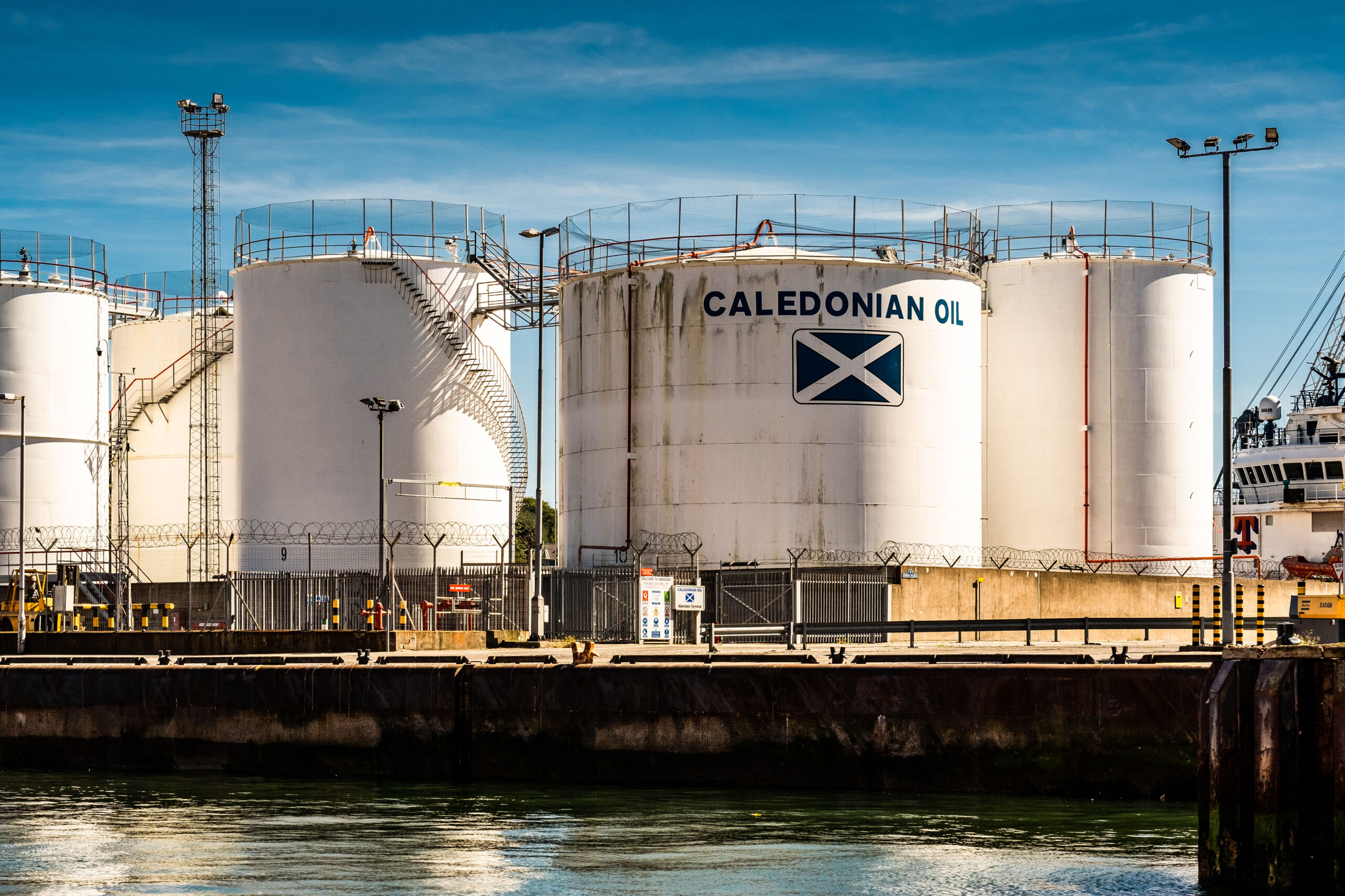How Westminster Hid Scotland’s Wealth From Its People

How can an energy-rich country be in an energy crisis? As the editor of Scotland’s only pro-independence daily newspaper, that’s the question I’m probably asked most by our readers. So our team decided to launch an in-depth series exploring that very question, looking at the past, present and future of use and misuse of Scotland’s extensive energy resources.
It’s of great interest to Scotland’s residents that a nation with abundant natural resources faces rising energy bills. People across the country face needless suffering. The fact that a quarter of people living in Aberdeen, the city which fuelled decades of UK enrichment and bankrolled Margaret Thatcher’s ideological assault on the UK, are in fuel poverty in 2023 should shame those who set up this broken energy system.
When I first came to work at The National, I had never heard of the McCrone Report. A lot of people haven’t, and that’s by design. For those who aren’t aware, the report was composed by the Scotland Office’s chief economic adviser and given to the prime minister some 49 years ago. It revealed the astonishing wealth lying in Scotland’s seabed, and set out how profitable it could be. The document was hidden away with the aim of suppressing growing support for Scottish independence at that time, and it didn’t resurface until it was revealed by a freedom of information request in 2005.
While Scotland’s wealth was hidden from its people, neighbouring Norway found one of the largest offshore oil fields in the world. It took a different approach, setting up something now known as the Government Pension Fund Global with the profits made from oil. That fund is now worth $1.3tn, with the government investing the cash smartly and using its revenues to benefit the next generation.
So why was Scotland’s oil money squandered by Westminster when there was a clear option for another path to follow? Well, this wasn’t an accident. Professor Alex Kemp, the leading expert in North Sea oil and gas history at Aberdeen University, told us that the Treasury was “dead against it”.
“The Scottish Office and the UK government said no, so they created a new account, just for North Sea activities, quite separate from any region or Scotland or anywhere else. That’s an example of how nervous they were about the possible political effects,” he said. Energy historian Dr Ewan Gibbs confirmed that the cash was instead used to fund Britain’s neoliberal turn, with oil money making Thatcher’s deindustrialisation agenda easier.
This story is now history, and times have since moved on. But it’s undeniable that the failure to capitalise on Scotland’s energy capabilities has worsened the impact of the cost of living crisis. Now we have to look into the future and find solutions – public ownership, community energy projects and, of course, renewables. Fossil fuel exploitation can’t continue, and a Scottish independence movement determined to suck up every last drop of the stuff will fail to win support from the young people it desperately needs to keep the debate energised.
The Scottish Government, too, has questions to answer. The ScotWind saga could have lost tens of billions of pounds, according to research from Common Weal, as a price ceiling imposed by Crown Estate Scotland limited the amount of money it was possible to raise in the offshore wind auction. And where is the public energy company voted for by the SNP conference? If Wales can start to establish this, in theory Scotland could too. Scotland’s incredible renewables potential must be central to any independence campaign, and without solid proposals on how to make sure this new energy revolution truly benefits Scotland, people will remain unconvinced.
But with energy costs now going up again despite Ofgem’s price cap coming down, our project couldn’t have come at a better time. We spoke to people about the discomforting normalisation of warm banks, elderly people on one of the worst pensions in western Europe who fear the thermometer dropping, and trade union leaders horrified about energy becoming a luxury service in the UK. It’s absolutely clear that this situation is unsustainable.
It’s unfortunate that Scotland’s legacy media has failed to investigate the story of Scotland’s broken energy system, but it isn’t surprising. Our newspaper was born out of the need for a pro-independence voice amid the Unionist noise of 2014, founded by the only newspaper editor who backed a Yes vote before the independence referendum. As a relatively new publication – now led by the UK’s youngest national paper editor – we aren’t afraid to highlight the inequalities the established media ignores.
The National’s coverage of the McCrone Report is available paywall-free February 28 to March 3 at thenational.scot.
Laura Webster is the editor at The National.


